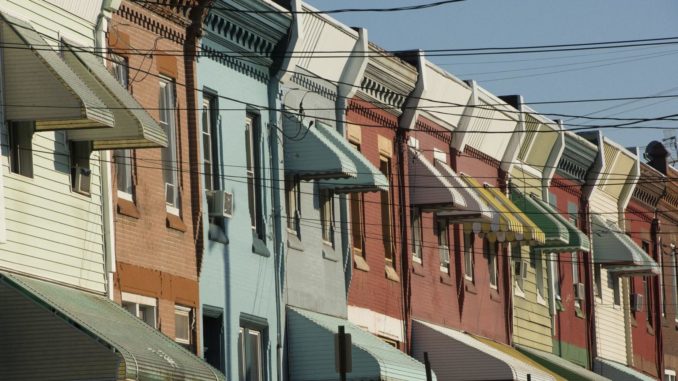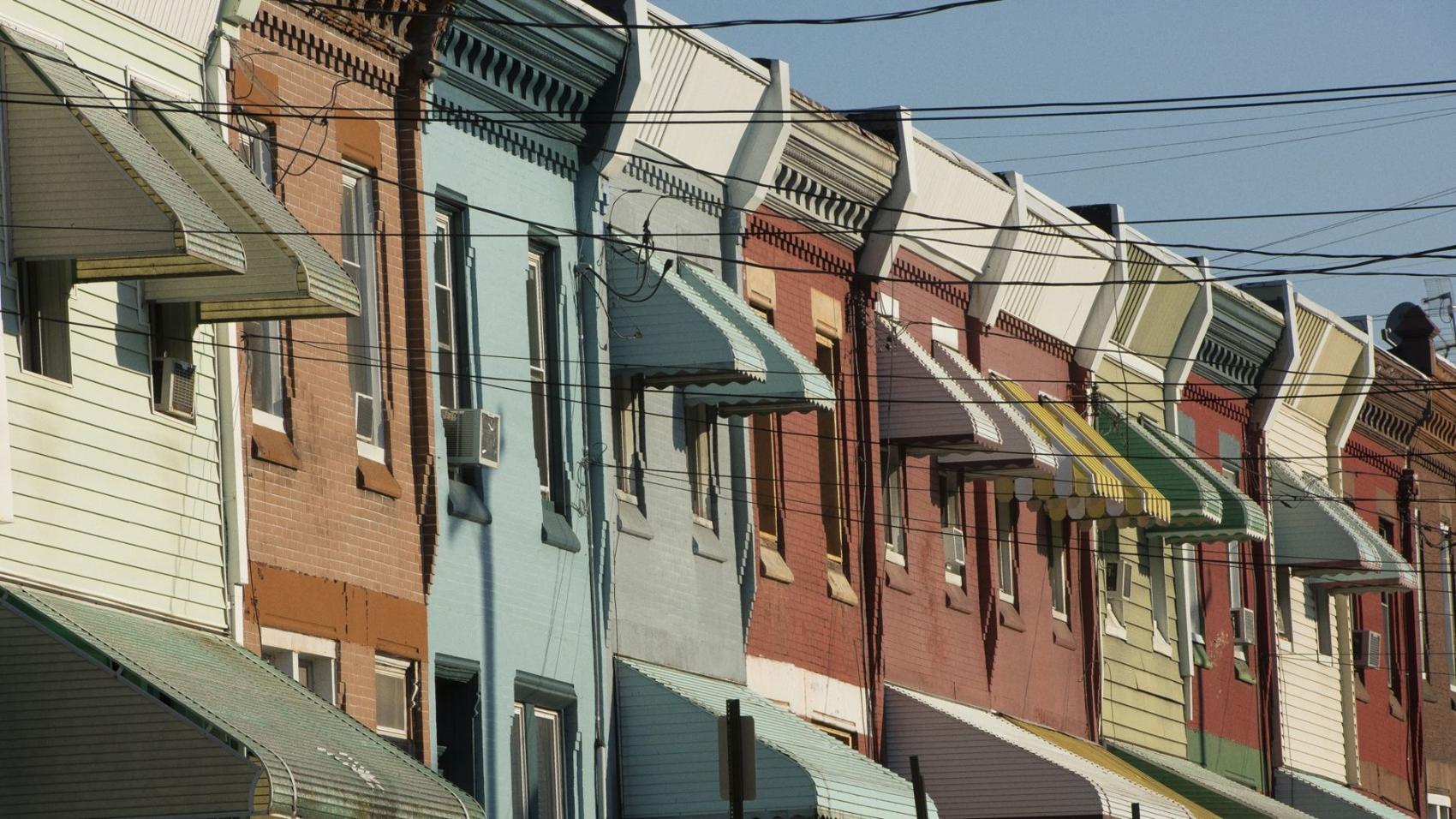

by Philly Tributne
Renters tend to be more economically vulnerable than homeowners.
In general, renters tend to have lower incomes and cannot tap into the equity in their homes as a line of credit in case of an emergency. A disproportionate number of renters are African American, Hispanic and other racial and ethnic minorities.
However, many Americans who rent their home, many of whom have lost their jobs in the sudden economic slowdown caused by the coronavirus outbreak, will not be eligible for eviction protections.
Last week, the Department of Housing and Urban Development released a plan that would stop foreclosures and evictions for 60 days on single-family homes with loans through the Federal Housing Administration. According to HUD, that would apply to roughly 8 million units. Only FHA homes lived in for at least a year can be rented out.
Roughly 43 million households rented in 2019, according to the U.S. Census. About half of renters rent their home from an individual, while the other half rent from a business or multi-unit property owner. Those renting from a business will not receive any protections.
HUD has no power to protect renters in public housing authorities located across the country. HUD Secretary Ben Carson said that the agency is working with Congress to get that authority to protect renters in public housing authorities.
“HUD has been in contact with every Public Housing Agency in the country to ensure the millions of low-income Americans we serve continue to have a roof over their head,” Carson said.
The White House’s proposal has major policy limitations that need to be addressed.
Many American renters were already struggling to pay rent and make ends meet before the coronavirus pandemic.
Congress should enact a national moratorium on both rental and mortgage payments.
https://www.phillytrib.com/commentary/editorial-renters-need-eviction-protections-too/article_60a7a577-b6ea-5aed-9c5a-d707097c78fe.html

Be the first to comment